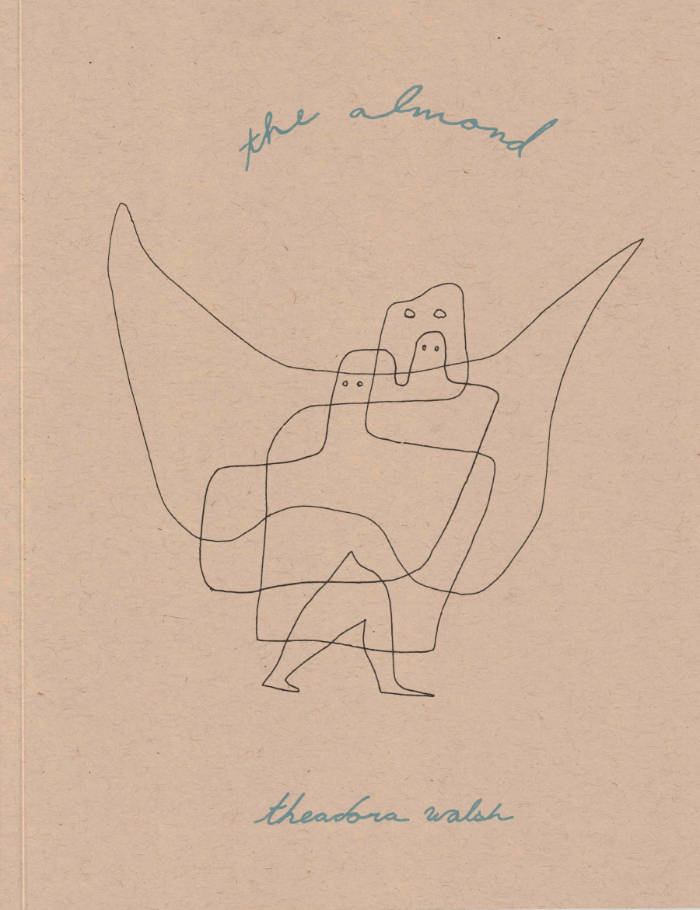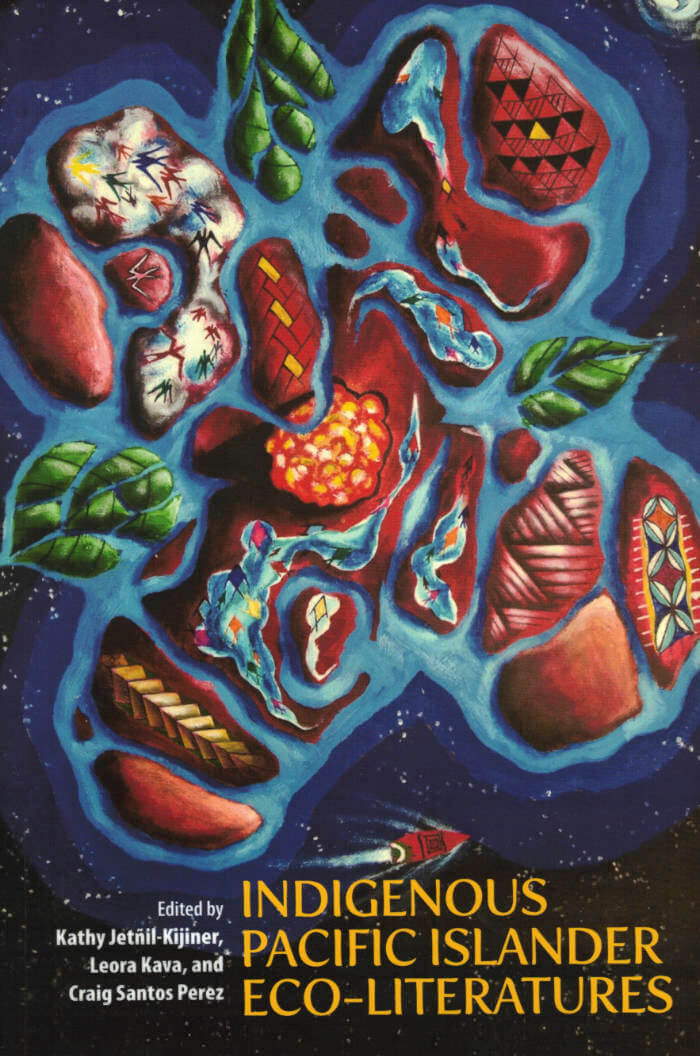
Firestar
«Avec Firestar, AD Rose tire une balle dans les jambes de celleux qui regardent leurs pieds» *
Une écriture dont le style évoque le rap, avec ses rimes, sa part de violence, de néologismes et d’égotrip, outil de lutte contre les injustices et l’ordre établi, celui de la langue comme celui de l’inceste. AD a 22 ans lorsqu’il quitte sa famille, écrit Firestar et nous accorde sa confiance pour le publier. Un travail testimonial rare sur les violences intra-familiales à la racine des systèmes de domination, un attentat poétique pour ne pas oublier.Lorsqu’en 2021 sa mémoire traumatique se réveille, AD Rose tente d'obtenir réparation auprès de ses parents, coupables de l'avoir incestué. Face au mur d’omerta auquel il se heurte, il trouve pouvoir dans l’écriture. Comme un réflexe de survie pour crier, sans demander la permission, libéré de la honte et des secrets. Un mouvement sans concession pour reprendre sa vie.
* Le texte est accompagné d’une préface de Victoria Xardel.
AD Rose est un poète français né en 1999. Il grandit dans le Tarn et le Tarn-et-Garonne, entre Vénès et Loze.
Victoria Xardel est une poète française née en 1987. Elle grandit en Alsace-Lorraine, entre Metz et Strasbourg.





